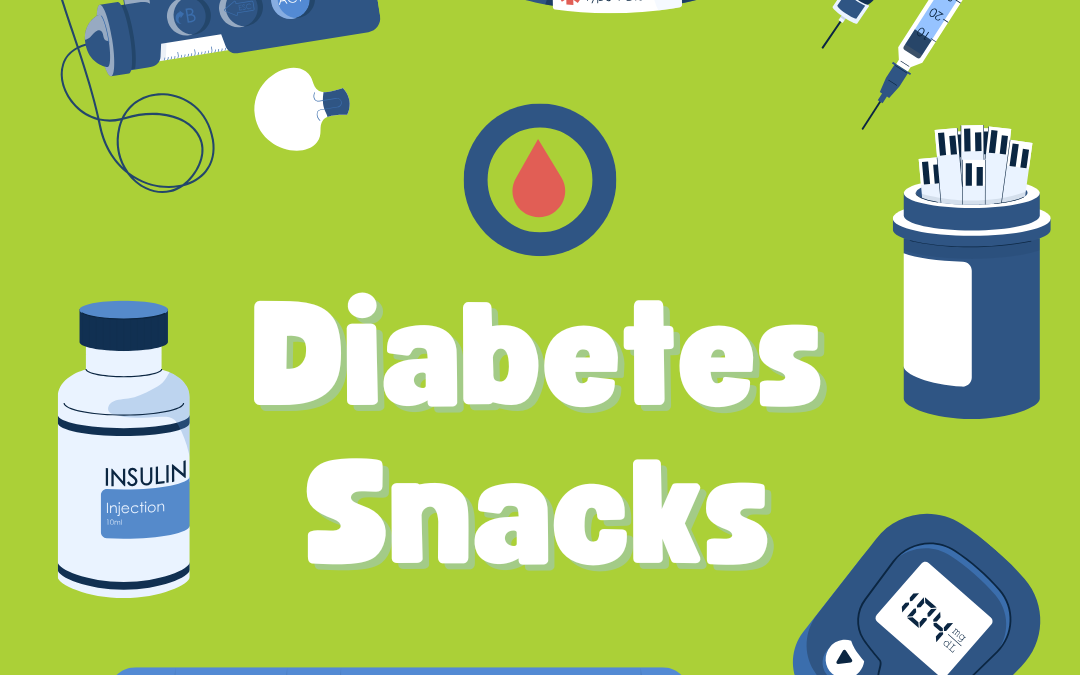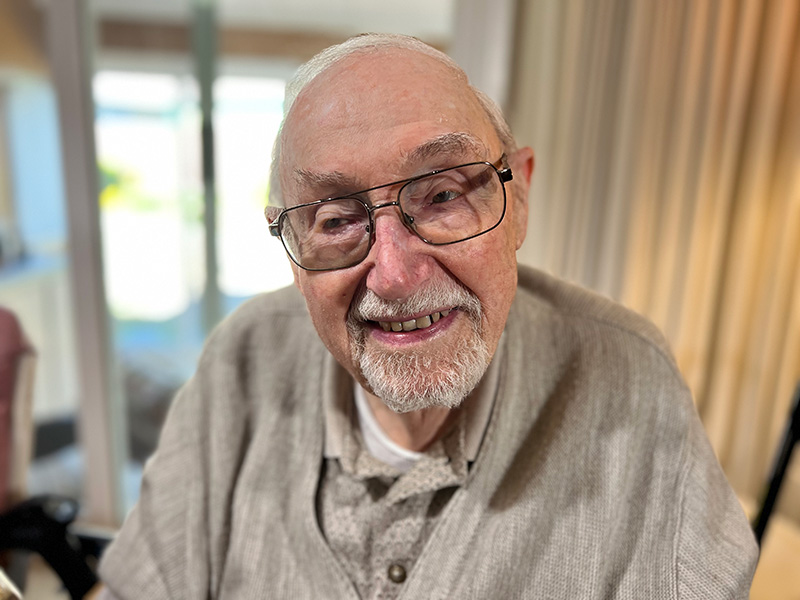Sheltering-in-place during a global pandemic can be hard for anyone but it is particulalry hard for older adults with limited mobility and resources.
Leia likes to start her day early. Like, 5:00 am early. The 65-year-old Meals on Wheels recipient laces up her shoes dons a jacket, and with the assistance of a walker, takes her early morning stroll around the block by 6:00 am. There are fewer people to contend with at that hour of the morning and even more important, less chance of coming in contact with someone who may have COVID-19.
Nearly 20 years ago, Leia suffered a debilitating accident – a fall that severed her spine and for three years, left her paralyzed, unable to walk. After many, many years of physical therapy, she walks, slowly, and with the use of a cane or sometimes a walker. It’s important that she keeps her physical therapy up but she also has to weigh the risks of being outside and coming into contact with the disease that, worldwide, has taken the lives of more than 900,000 people – 202,000 right here in the U.S. to date.
Leia joined me on a Zoom call from her living room – the only safe way these days to be able to meet up and see people. She planned on joining the call using her MacBook but unfortunately, a glass of water was knocked over, essentially putting her machine out of commission. Leia joined our call from her smartphone.
Leia, who was an IT security professional for some of the biggest firms in the country, prior to her accident in 2000, says she’s been handling shelter-in-place as best as she can.
“Other than that [morning walks], I’ve been reading a lot about, you know, the flu pandemic of 1918, and reading about it,” Leia says.
Hearing her interest in reading about the grim history of past pandemics did not surprise me; the rows of books and magazines behind her hints at years and years of soaking in a variety of topics. She is a voracious reader.
She’s always pretty tech-savvy and “connected” so she’s been communicating with a few people online. She says she’s seen some elders a little apprehensive of technology but “we’re all being thrown into it” mostly by necessity whether it be for work or to personally connect in some way with family and friends.
“The first telecommuting program I worked on as part of a steering committee was in 1992. Now, we’re finally really telecommuting (referring to so many businesses requiring employees to work from home during the pandemic, in many cases, indefinitely) although we’ve had this ability all this time to do a lot more.”
Even though she’s connected online, Leia says she still feels alone. While a driver doesn’t come into her apartment anymore to store the meals in her refrigerator and chat with her, part of pandemic safety protocols, he, instead, leaves the meals at her door, knocks, steps back down the long hallway and waits for her to open her door. They talk briefly from a distance.
“It’s not very easy for us to get around if we’re disabled or for elders, who also have some problems getting around,” Leia explains. “And now with sheltering in place, and other people that we might have been visiting and having some interaction with are sheltering in place too. And if we’re disabled or older, it’s probably smart to protect our immune systems a little bit more and do that shelter in place. That’s what’s great about Meals on Wheels is that your essential workers, deliver meals in their PPE, making sure our nutritional needs are taken care of.”
Leia and I wrap up our conversation. She’s excited to hear that our new kitchen and food production facility will open in a matter of weeks. I asked her what she thought about a bigger, facility, and what it would mean to her personally as a meals recipient.
“I am excited about the new kitchen for Meals on Wheels because it’s going to make wonderful nutritious food, accessible to more people like myself, and those of us who are isolated and need the proper nutrition. I’m sure it’s saving lives. It’s not hyperbole to say that good nutrition during this pandemic is saving lives.”



